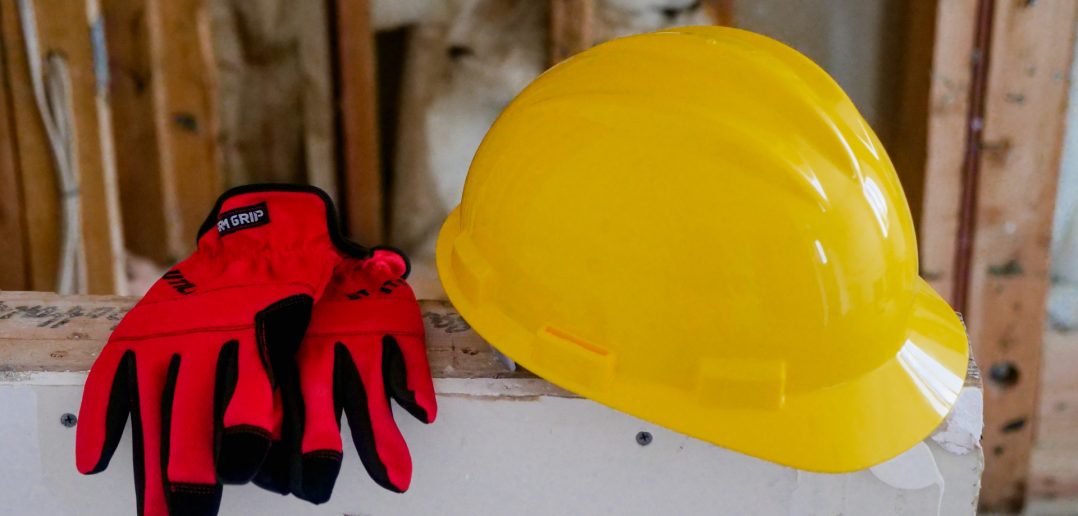Workplace injuries and ill-health is costing the UK over £16.2 billion per year, highlighting the need for an increased focus on health and safety as the UK looks to boost its struggling economy.
Figures from the UK’s Health and Safety Executive show that over a million UK workers are injured or made ill by their work, which has a serious impact on the individuals themselves as well as their families, employers, and wider society.
The statistics show that an average of 610,000 workers are injured at work and a further 559,000 suffer ill-health that they report was either caused or exacerbate by their employment each year. The figures are startling and do not take into account pre-existing conditions or the impact of Covid-19, with over a million Britons believed to be suffering from so-called “long Covid”.
The result of over 1.1 million people needing to take time off work for injures or illness is a significant impact on the economy, with individuals and their families shouldering the majority of overall costs of lost time and reduced productivity (£9.6bn), with employers (£3.2bn) and the government (£3.5bn) sharing the remainder.
In general, workplace illness results in more time off work and therefore drives higher costs than workplace injuries, which are thankfully mostly relatively minor. However, it is important to try and address both illness and injuries to reduce their impact on individuals, business, and society as a whole.
The last two years has taught us that people who are suffering from an illness should not return to the office and instead should be able to work from home wherever possible to avoid infecting others. This may sound like a simple change, but until the UK provides better sickness benefits and protections to employees, it is likely that the progress made on the subject since 2020 may be lost.
To prevent injuries, it is important that employees are provided with the training and PPE required to safely fulfil their role, and leading PPE suppliers continue to develop new equipment to better protect workers. Coincidentally, this news comes as new Personal Protective Equipment at Work (Amendment) Regulations 2022 (PPER 2022) come into force, which extends duties regarding personal protective equipment (PPE) to more people and business across the UK. Under these new regulations, when PPE is required for a job employers “must ensure their workers have sufficient information, instruction and training” on the use of the equipment, whilst employees must use the PPE “in accordance with their training and instruction”.
PPER 2022 does not impose the use of PPE on additional industries, but does extend the previous regulations to cover gig economy workers and those with a more casual employment relationship, which were not covered by the previous 1992 regulations (PPER 1992).
As the UK looks to “build back better”, a renewed focus on health and safety could significantly reduce costs to all stakeholders and improve the UK’s flagging productivity.




